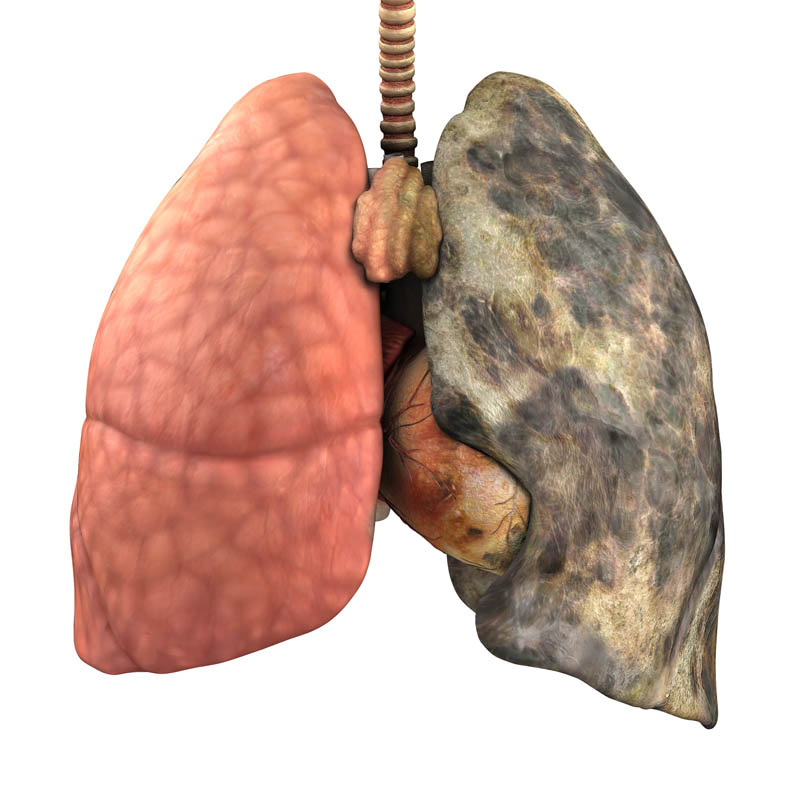When you’re diagnosed with COPD, it can become an overwhelming experience. Your mind is running rampant with questions that you need answered. Below you’ll find ten questions you should ask your doctor after you’ve been diagnosed with COPD.
1. What Is COPD?
COPD, also known as Chronic Obstructive Pulmonary Disease, is an incurable yet treatable lung disease that affects systems in a patient’s body. Unfortunately, there aren’t any medications that have been found to increase a patient’s survival rate after being diagnosed with COPD. Luckily, oxygen therapy, smoking cessation, and rehabilitation have been proven in studies to slow the disease’s progression.
2. What Causes COPD?
The leading cause of COPD is smoking. Environmental issues, genetics, childhood lung infections, and oxidative stress are also risk factors for COPD. Your doctor will most likely explain the risk factors associated with COPD. When patients are more aware of the risk factors for COPD, it can lead to an earlier diagnosis.
3. What Stage Am I In?
The Global Initiative for Obstructive Lung Disease states that COPD is divided into four stages. These stages are mild, moderate, severe, and very severe. A spirometry test will be performed to determine what stage you are in. It’s important to remember that this disease affects everyone differently, regardless of the stage you are in.
4. Will I Have to Be On Oxygen?
Not every patient with COPD has to use oxygen. Your doctor will perform tests on your oxygen levels to determine whether or not you need to use oxygen.
5. Can I Prevent My Disease From Getting Worse?
In short, yes. If you were diagnosed with COPD due to smoking, the best thing you can do to prevent your disease from worsening is quit.
6. Are There Any Treatments Available?
Your doctor will go over your diagnosis, medical history, and other factors to determine what the best treatment is for your case. Asking this question is always a good way to open up the lines of communication to ensure you understand what will happen.
7. Are There Any Side Effects Associated With My New Medication?
All medications come with a list of side effects. Be sure to discuss the possible side effects of your new medication with your doctor to ensure you’ve made the best choice.
8. Do I Need Any Vaccinations?
In most cases, influenza and pneumonia vaccination will be given to patients with COPD. This helps to ensure that patients will not suffer from any illness that can negatively affect their lungs.
9. Will I Need Surgery?
There’s a select group of people with COPD that are good candidates for surgery. Ask your doctor what your options are to determine whether or not surgery is a good route for you to take.
10. Are There Any Support Groups for Patients with COPD?
Setting up a strong support group is vital to maintaining a positive state of mind. It’s always a good idea to surround yourself with people who understand your situation and can offer you valuable advice and encouragement.
